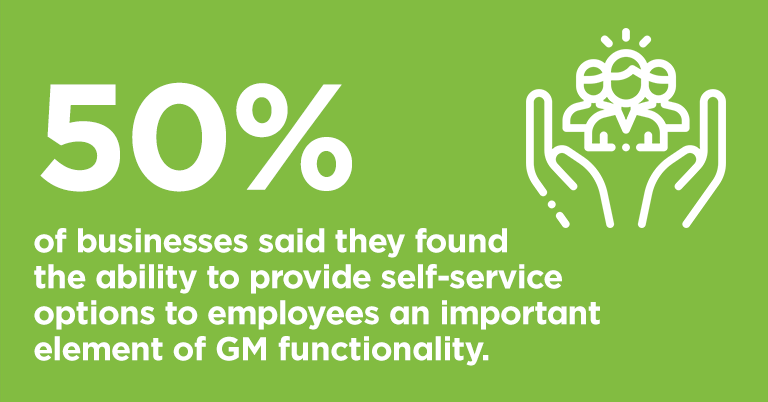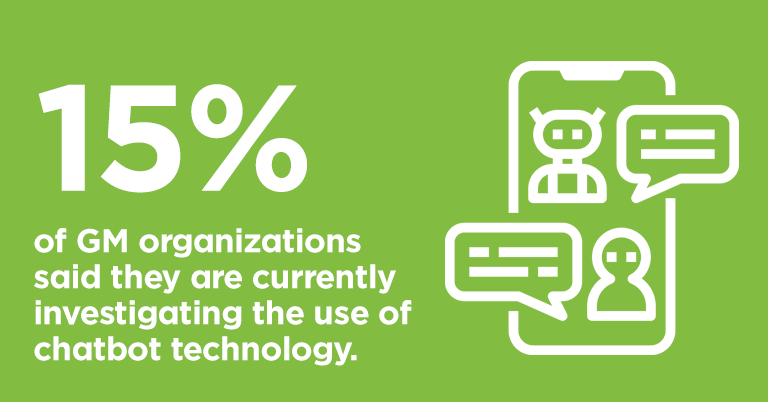How Self-Service Can Streamline Global Mobility
The coronavirus outbreak has already had a seismic impact on the way we work, not least by driving the massive shift from working in the office to working from home. The economic impact of the pandemic meanwhile is continuing to exert a downward pressure on organisations’ budgets, leading to reductions in staffing levels for many.
For global mobility (GM) functions, any reduction in headcount will mean fewer hands on deck to help guide staff through the processes needed to start a new assignment or undertake business travel. Meanwhile, for assignees, there might not always be someone from the GM team available to answer an urgent question or help with a time-sensitive tax or visa matter.
Businesses may be coming out from the pandemic leaner, but their GM function can remain as effective as ever.
Improving Responsiveness Without More Staff
Self-service tools and portals offer a way for organizations to continue improving responsiveness and service levels without the need to take on more staff. Deploying self-service tools allow assignees to manage routine interactions themselves without the need to access GM staff, regardless of where they are in the world and whatever time zone they’re working from.
Self-service tools and portals also enable companies to provide staff with global mobility platforms that offer the same ease of use and convenience as the technologies they use in other areas of their lives. Assignees are increasingly expecting to be able to manage crucial parts of the assignment process themselves, and they expect consumer-grade self-service apps to help them do so.
Using GM systems that don’t offer a range of self-service tools can risk a more negative employee experience, leading to disruption caused by missed deadlines or unhappy employees and unsettled family members.

Self-service in the future
Organisations already understand just how useful self-service tools and portals can be. In a recent survey by GME and Equus, 50 percent of businesses said they found the ability to provide self-service options to employees an important element of GM functionality, while one in 10 said they would like to see employee self-initiations built into GM systems in the future.
Going forward, self-service portals are likely to include chatbots, which enable employees to get the information that matters to them through a natural language interface. While only three percent of the businesses surveyed by GM and Equus are currently using chatbots, that number is set to rise in future, with a further 15 percent of organizations saying they are currently investigating the technology.

Self-service technologies are not just beneficial for GM staff and the employees they manage, they can be of use for other parts of the business too. More than one-third of organizations said they believe providing self-service options and core/flex choices to the business is an important feature of a GM system. Making self-service tools part of GM systems will enable departments like HR to enjoy customized views of GM data, only accessing the information they need.
For more on how self-service can streamline global mobility, read the full report here.













